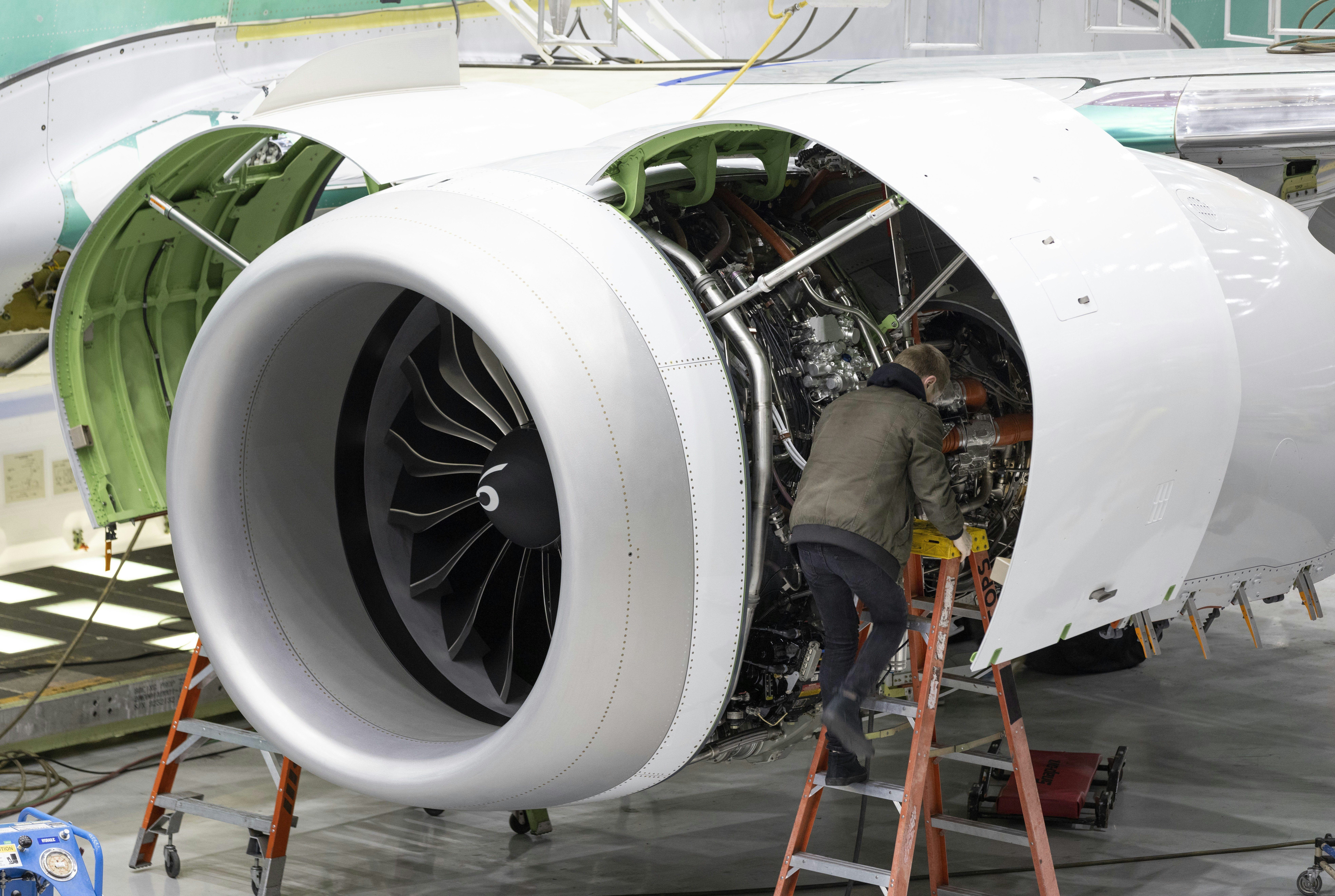AeroGenie — Your Intelligent Copilot.
Trending
Categories
Boeing Abandoned Earlier 737 Max Engine Anti-Ice Redesign

Boeing Abandons Initial 737 Max Engine Anti-Ice Redesign, Delaying Certification
Boeing has discontinued its original plan to redesign the engine anti-ice system on the 737 Max, a decision that has introduced significant engineering challenges and postponed the certification of the Max 7 and Max 10 variants until at least 2026. The company’s initial redesign failed to address critical issues, preventing engineers from meeting the original deadline of January 2024 for finalizing the necessary changes.
Engineering Challenges and Certification Delays
The setback was confirmed by Boeing CEO Kelly Ortberg during the company’s second-quarter earnings call on July 29. Ortberg explained that the design implementation encountered unforeseen problems, necessitating a rollback and further modifications to satisfy the deicing requirements. He described the redesign process as particularly intricate, noting that adjustments to the anti-ice system could impact other components of the aircraft, including the performance of its CFM International Leap-1B engines. “This is a very delicate area that we are dealing with around the inlet of the engines,” Ortberg said, emphasizing the importance of avoiding any unintended disruptions to engine airflow.
The anti-ice system issue emerged in 2023 when Boeing disclosed that, under certain conditions, the system could cause overheating of the engine inlet’s inner barrel, potentially leading to failure. Resolving this problem is a prerequisite for the certification of the Max 7 and Max 10 models. Although Boeing initially estimated the redesign would require approximately one year, the project remains incomplete more than 18 months later.
Broader Implications for Boeing and the Market
The ongoing difficulties have wider repercussions for Boeing’s production schedules and delivery commitments, raising concerns among airlines and investors regarding the reliability and safety of the 737 Max family. The delays have intensified scrutiny of Boeing’s engineering processes, with potential risks to the company’s market share and investor confidence. Meanwhile, competitors such as Airbus stand to benefit from any further setbacks, potentially securing additional orders as airlines explore alternative options.
Existing 737 Max 8 and Max 9 aircraft are equipped with the same problematic anti-ice system but were certified before the issue was identified. The Federal Aviation Administration (FAA) has mitigated the risk for these models by mandating that pilots use the system only when icing conditions are present or anticipated. Boeing has indicated plans to retrofit the Max 8 and Max 9 fleets with the redesigned anti-ice system once a viable solution is developed.
Ortberg noted that Boeing is investigating multiple design approaches to resolve the issue, but the complexity—particularly the risk of overheating in dry air conditions—continues to hinder the certification process. The company has provided limited details on the new strategy, underscoring the technical challenges that must be overcome before the Max 7 and Max 10 can enter service.

Emirates Unveils Cabin Design for New Boeing 777X

Eighteen Years On, the Airbus A380 Remains Central to a $34 Billion Airline

How a boom in luxury airline seats is slowing down jet deliveries

Navitaire Outage Attributed to Planned Maintenance

DigiYatra Debuts Outside Aviation at India AI Impact Summit

Vietnam Orders Strengthen Boeing’s Commercial Outlook

Airbus Signals Uncertainty Over Future A400M Orders

JobsOhio Awards $2 Million Grant to Hartzell Propeller for Innovation Center

Collins Aerospace Tests Sidekick Autonomy Software on YFQ-42A for U.S. Air Force CCA Program

How the Airbus A350-1000 Compares to the Boeing 777
